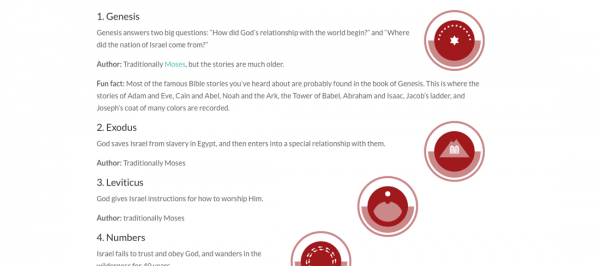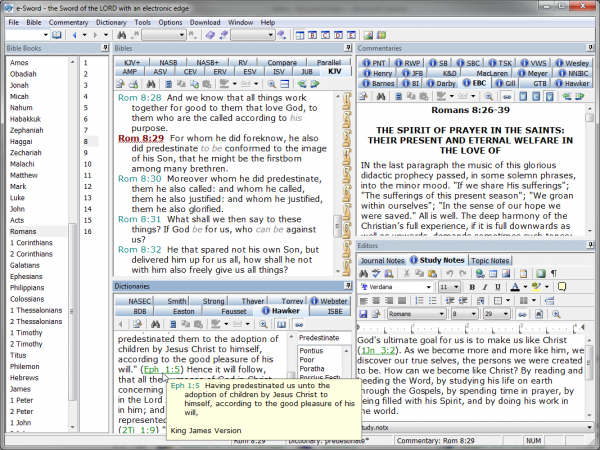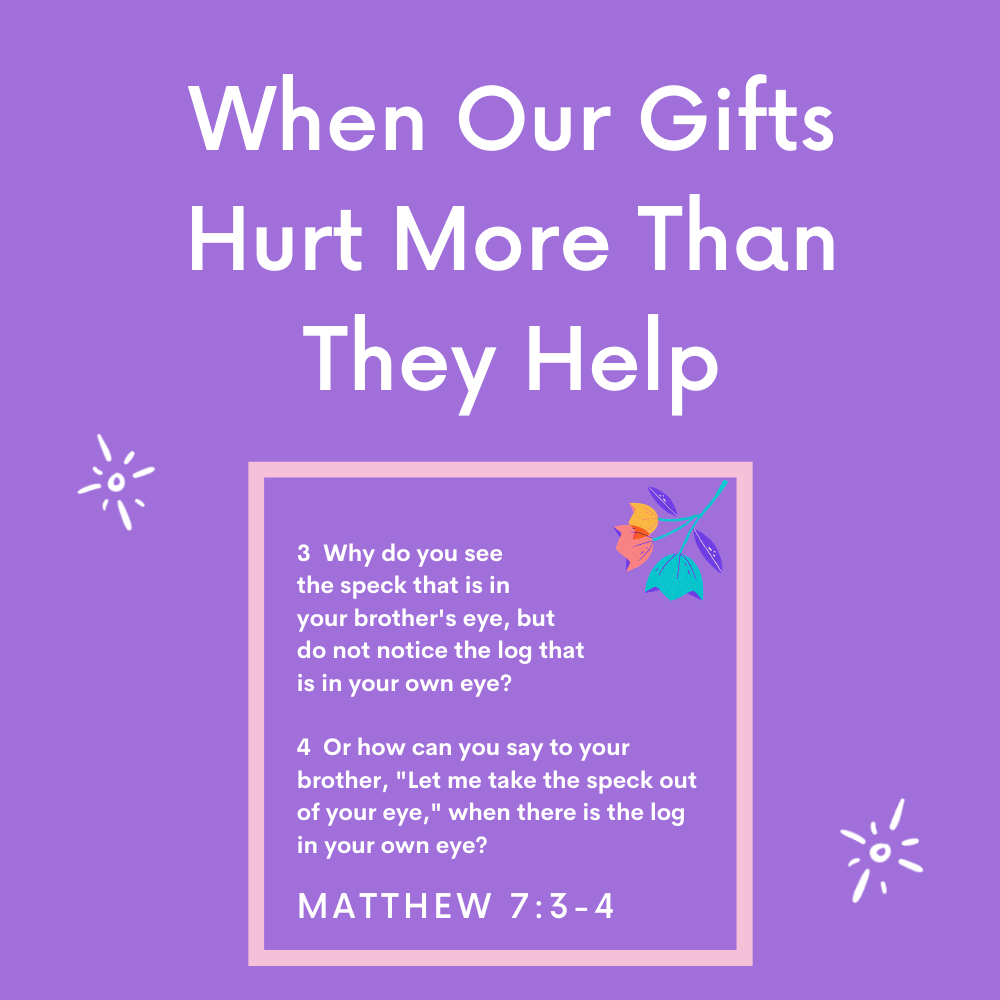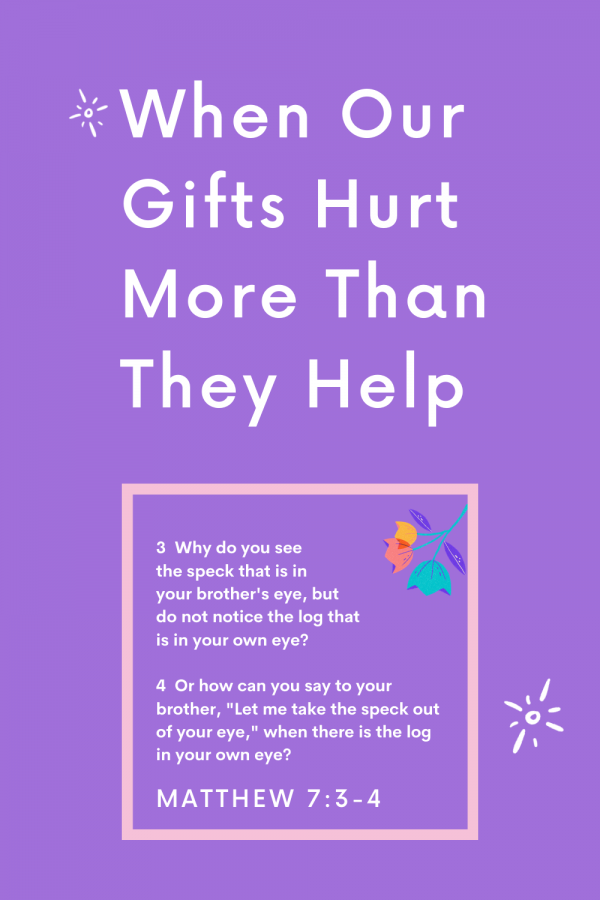“What Old Women Need to Stop Wearing”
I try not to be enticed by clickbait. But the title of this internet article lured me in.
Keeping up with the latest fashions isn’t important to me. But I also don’t want to dress terribly outdated.
What if I’m wearing something that is all wrong?
I clicked to see.

Outdated Wadrobes
We’re looking this month at Colossians 3, to see what it really means to live “renewed” lives.
Here’s Colossians 3:8-10.
- But now you must put them all away: anger, wrath, malice, slander, and obscene talk from your mouth. (v8)
- Do not lie to one another, seeing that you have put off the old self with its practices (v9)
- and have put on the new self, which is being renewed in knowledge after the image of its creator. (v10)
We often see ourselves still dressed in our outdated wardrobe of verses 8-9.
We have clothes in our closet, and behaviors in our lifestyles, that:
- Are uncomfortable (anybody else feeling the extra 5 pounds since ‘Rona?)
- Are unflattering
- Are holey (and not the good kind of holy)
We don’t have to dress out of this closet. These clothes are ugly to ourselves and to others: bad tempers, irritability, meanness, profanity, dirty talk, lying to one another.
They no longer fit us. We have permission to bag them up and get them out of the house.
Wardrobe Makeover
Instead, we can receive our wardrobe makeover.
We’ve been given a new closet to dress from. And the clothes fit our new selves perfectly, right now (Colossians 3:10).
- We don’t have to lose a few pounds before they’ll fit.
- We don’t have to wait for a special occasion to put them on.
- We don’t have to be good enough or skinny enough or perfect enough in our OWN abilities to wear them.
This wardrobe works because these new clothes are Christ Himself. And He’s already perfect.
We are renewed because of who Jesus is, not because of who we are.
In our new closet, we look in the mirror and see Jesus. We’re made over in His image (Colossians 3:10). Our new outfits spark joy (Marie Kondo would be proud).
Clothed in Christ
The internet article turned out to be unhelpful about telling me what not to wear. (No surprise there.) When I clicked through, the real title showed up as “Fashion and Beauty Trends that We Hope Never Come Back in Style.” It said to lose the beehive hairdo (never had one). Stop wearing tube tops (never did). Don’t keep an orange fake tan (no problem).
We don’t need the internet to tell us how to dress anyway.
We’ve been clothed in Christ and our inner self is being renewed day by day (2 Corinthians 4:16).
We’ve been given a wardrobe update. Let’s put it on and wear it well. It fits us perfectly.
How’s your closet these days? Share in the comments.






































